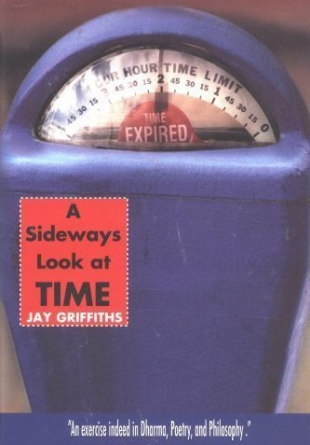"Play matters because, against the gray backdrop of a jobbing sky, play is the rainbow, is energy, is wicked flirtatiousness, is the helplessly laughing, the leglessly laddered, the God of Things which Brimmeth Over, the pint down the pub, the de trop overflow of excess, the resplendently unnecessary and the one-too-many which make the whole damn thing worthwhile. Play is harvest, is abundance, is generosity, the harvest of pleasure after work, the excess and the gusto, the more-than-enough, the gifts, the spirit of exchange. To play a game is, in German ein Spiel spielen, and the brimmingness, the spilling-over abundance of play is mirrored in this brimming-over phrase: spill it, spiel it twice — just for fun.
"Western society (urbanized, denatured, and ferociously work-oriented) is scared of this panplayism, frightened of its subversive, anarchic nature. . . .
"Aristotle said, 'Nature requires us not only to be able to work well but also to idle well.' Sigh. It's so hard. The Idea of the Idle which disses and rejects the clock is an ambition harder than it seems. To really play is to let go of the hand of the clock, to dive deep into the fathoms of time — a state of water this, deep play, with affinities to music, art, sex, deep drinking and deep thought. It is chancey, risky, fluxy, underwater world where immersion in the moment is all. This wild time is far richer, though far flukier, than clock-time, this is time enlivened and various, time as fast and slow as a waterfall's cascade. It is not necessarily easy to be in, for its waters are uncontrolled by a clock, uncommanded and uncharted. Without a clock you are on your own and it is a difficult but rich experience, this, the beautiful duress of ludic creativity — idlesse oblige."
